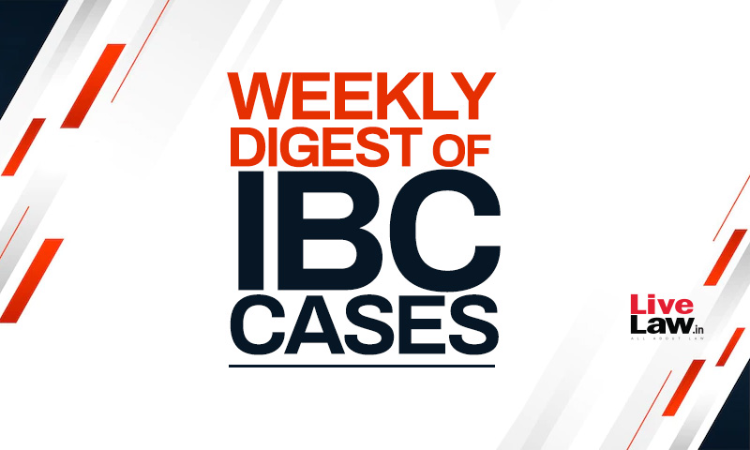Next Story
8 Jan 2024 9:06 PM IST
Supreme Court IBC | Statutory Set Off Or Insolvency Set Off Inapplicable To Corporate Insolvency Resolution Process: Supreme Court Case Title: Bharti Airtel Limited and Another V Vijaykumar V. Iyer and Others Citation: 2024 LiveLaw (SC) 11 The Supreme Court has held statutory set off or insolvency set off is not applicable to Corporate Insolvency Resolution...

